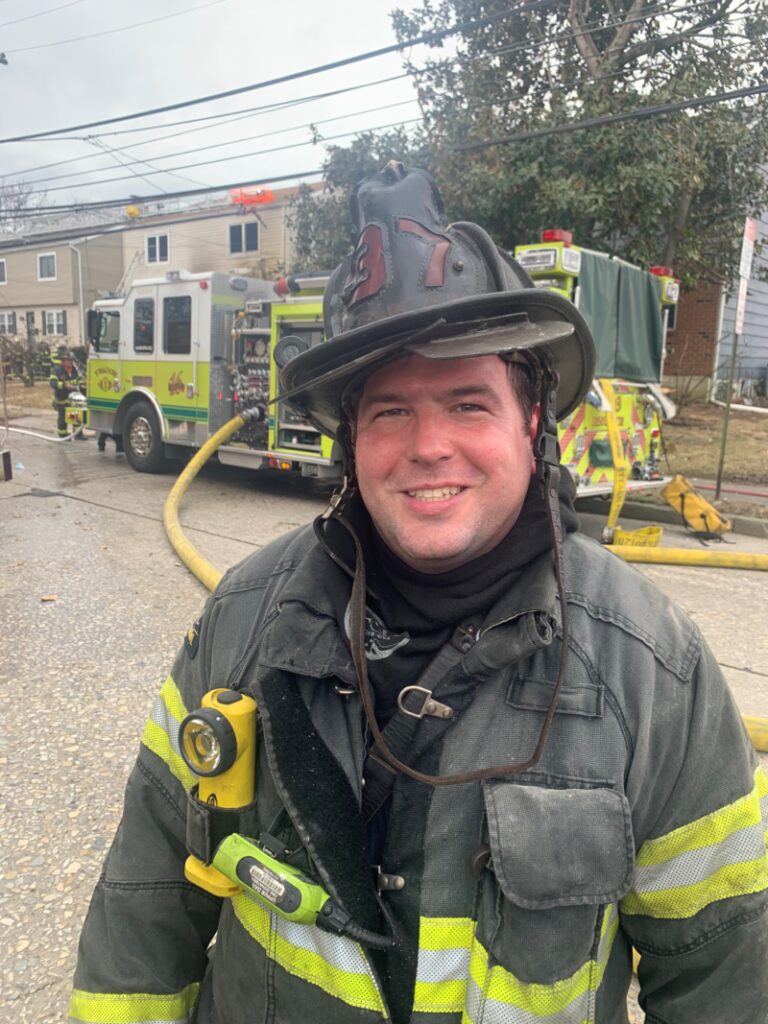Given my four years in the United States Navy, taking online classes over the course of two deployments, and working toward my bachelor’s degree since 2013, I realize that I notice things a little differently than others. This became especially evident when I recently considered my loyalty to a popular television series. My military service and Penn State World Campus student experience mean I have different take-aways.

For example, one common affliction affecting many service members is post-traumatic stress disorder (PTSD). Several dramatic television series have illustrated living with PTSD—including Homeland, The Sopranos, and AMC’s The Walking Dead. In particular, The Walking Dead has done a tremendous job of relating it to everyday life for the characters attempting to survive a zombie apocalypse. I hope everyone understands that PTSD is a very real and terrifying reality for a lot of folks, and not just those who have served. Real world experiences and their resulting traumas mean you don’t have to be a soldier to suffer from the effects of PTSD. Survivors of car accidents, violent assaults, and tragic loss are struggling with PTSD every day. You may be in class with some of them right now and not even realize it.
The prevalence of this disorder has even prompted the creation of advice guides at some universities to help faculty relate to military students (I can tell you Penn State World Campus professors in general do a tremendous job with working with military students.)
If you’re like me, you followed The Walking Dead closely this season and noticed a particular penchant for the characters to suffer from very sudden and dramatic changes. Though it makes for great television, these changes and the end results are all-too-similar to the symptoms of PTSD suffered by countless U.S. Military service members returning home after deployments abroad.
I would like to elaborate on the PTSD symptoms as they apply to The Walking Dead characters as defined by the veterans support site, Make the Connection.
All of the symptoms on this list are regularly experienced by folks returning from military service, and The Walking Dead does a beautiful job at expressing them in a way that non-service-personnel are able to understand.
The experiences we have witnessed Rick and the gang battle their way through for five seasons, are not that different from those that military members go through when they come home from service. Sure, it may not be post-apocalyptic, but for them, it’s the same as finally finding a home and not quite feeling comfortable in it – or Sasha, who is continually haunted by her need to be outside the walls and hunting, rather than sitting behind them comfortably.
Nobody needs to become an advocate, a spokesperson, or an apologist for sufferers of PTSD, however the contemporary media makes explicit the connections that become applicable in everyday life. We are inevitably married to our experiences, and it is impossible to understand those that reside outside of our own. Whether one has experienced trauma in -or- outside the line of duty, it is often difficult to know the extent of said trauma. In these cases a little empathy can go a long way in understanding the difficulties of your fellow classmates.



